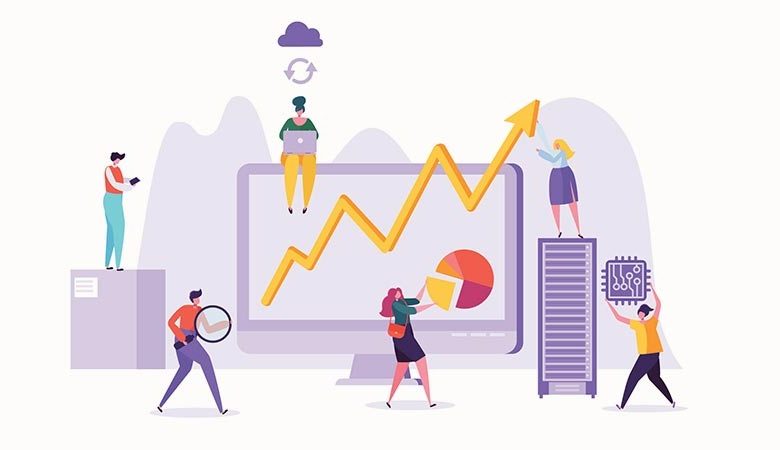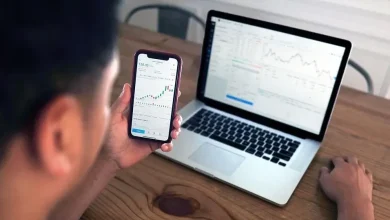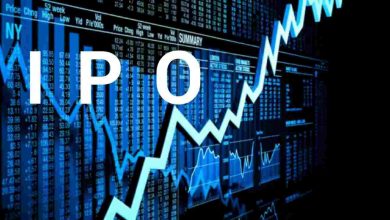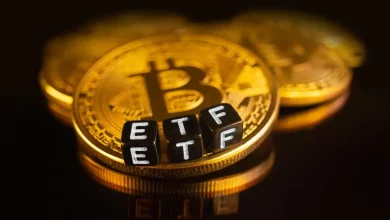What is F&O trading in India?

A derivative is a type of financial contract between two parties. Its value is determined on the basis of an underlying asset, such as commodities, equities, or indexes. Futures and Options (F&O) fall under this category of derivatives. They are traded on the stock exchanges of India, and are available to everyone. These financial products provide traders with more options to manage their holdings. Let’s learn about F&O trading in detail.
Table of Contents
What are Futures?
Futures are financial contracts or agreements to buy or sell an underlying asset at a specific price and date in the future. They are usually traded on regulated stock exchanges under standardised conditions. Nowadays, you can trade futures online, on a share market app that facilitates online trading in India.
The fundamental idea behind futures contracts is to allow investors to speculate on the price of the underlying assets in the future. They also provide chances to profit from growing or declining markets. For example, you may purchase a gold futures contract at the present price and sell it later at a higher price if you think the price of gold will rise.
Futures contracts are often used in India for a variety of purposes. Commodity futures enable farmers to secure future selling prices for their produce and mitigate price fluctuations. Stock index futures enable investors to gain exposure to the broader market without owning individual stocks. Moreover, currency futures assist businesses in managing currency exchange rate risk during international trades.
Types of Futures in India
Categories of Futures Contracts include the following.
- Index Futures: They are linked to stock market indices like Nifty and Sensex, giving exposure to broad market performance.
- Stock Futures: These contracts allow traders to buy or sell a specified quantity of individual company stocks at a predetermined price.
- Currency Futures: Currency futures involve trading a specified sum of currency on a future date.
- Commodity Futures: They are linked to commodities like agricultural produce, oil, and gold.
What are Options?
Options are financial derivatives that provide investors the right to buy or sell an underlying asset at a predetermined price within a specified time frame. However, unlike futures, there is no obligation to exercise them.
The strike price and the expiration date are the two essential components of option contracts. The final day on which an option may be exercised is the expiration date. The strike price is the fixed price at which an option can be bought or sold.
Types of Options Contracts
Call and put options are the two categories of options contracts.
- Call Options: The buyer of a call option has the right to purchase the underlying asset at the strike price. Investors who believe the price of the underlying asset will rise might employ call options. By acquiring a call option, they may benefit from the asset’s price increase without really owning it.
- Put Options: A put option gives you the right to sell the underlying asset at the strike price. Investors who anticipate a decline in the value of the underlying asset may choose to use put options. To hedge against possible losses, they might purchase put options or speculate on a drop in price.
The Securities and Exchange Board of India (SEBI) oversees options trading in the country, which takes place on registered stock exchanges. It provides investors with a variety of options to diversify their holdings and choose wisely based on their risk tolerance and market forecasts.
Benefits of F&O Trading in India
The following are the key advantages of trading futures and options.
1. Helps in risk mitigation
Futures and options are effective tools for reducing the risks due to changes in the market value of the underlying assets. They protect your investments against adverse market swings.
2. Leverage
The leverage provided by these derivatives allows you to take a larger market position with a relatively small initial investment, increasing the potential for gains. However, it may also lead to significant losses.
3. Portfolio diversification
Futures and options help you explore additional opportunities for diversifying your investment portfolio outside of standard equities and bonds. This diversity may increase overall returns.
Conclusion
Futures and options are derivatives that may be used to speculate on changes in an asset’s price, or hedge a position and also increase leverage. However, even though they may be used to take advantage of market volatility, futures and options have a high-risk component. Before engaging in actual trading, beginners are encouraged to have the necessary education and practice using virtual accounts on trading and demat apps. Moreover, always trade on a good platform like IIFL Securities. It offers all the essential tools to trade futures and options.




